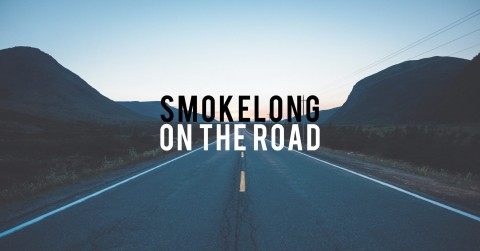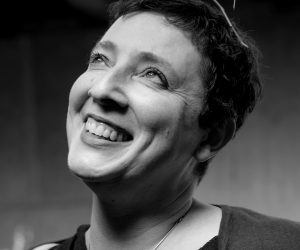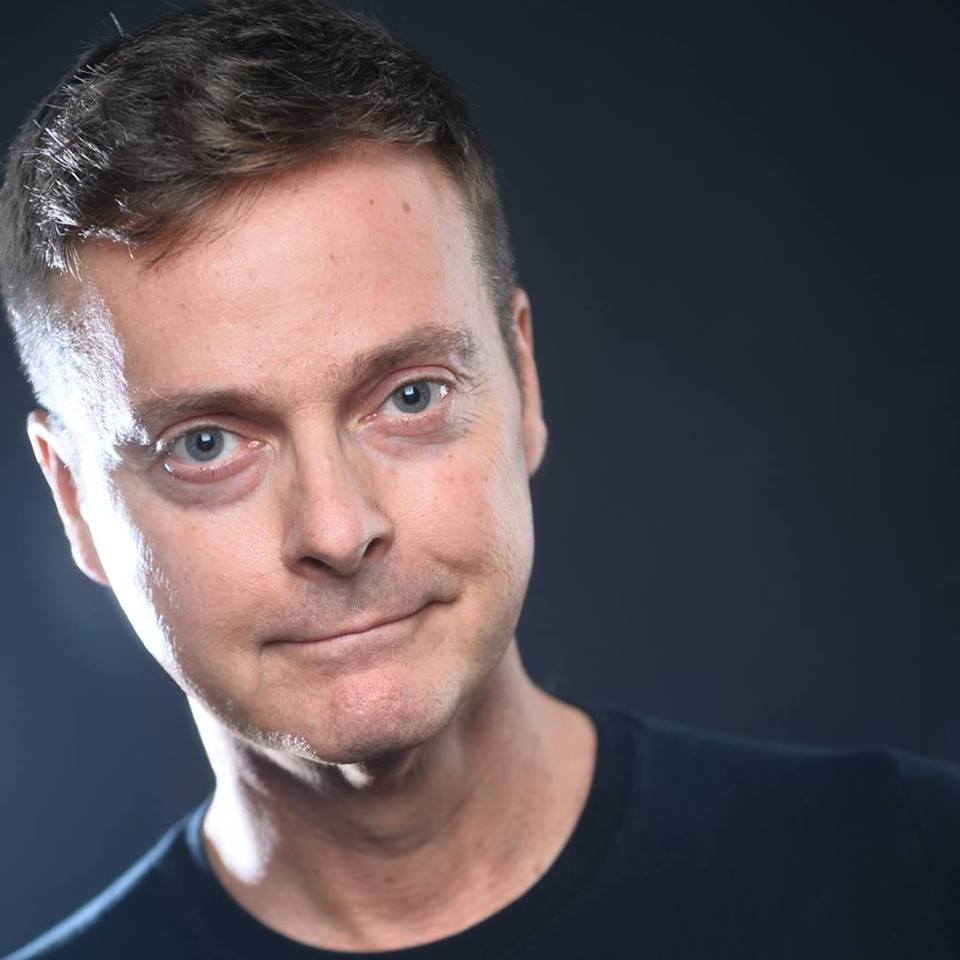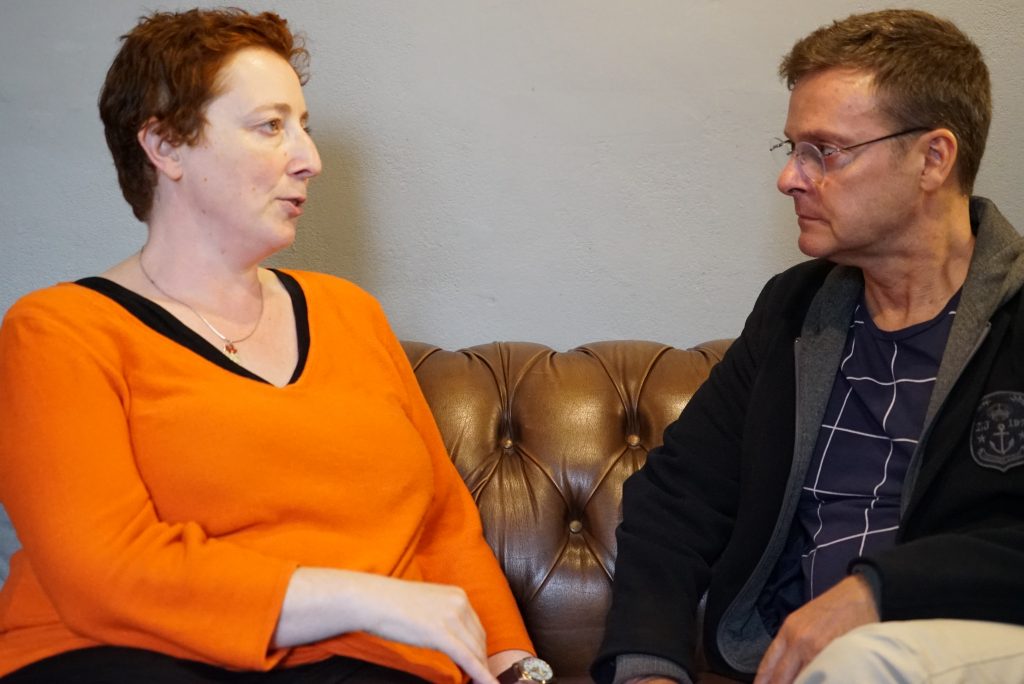
Tania, it was such a pleasure catching up with you in Manchester (UK) last weekend. Manchester is so lively. The climate demonstration was going on just metres from our workshop at the Friends’ Meeting House. Our visit was too short of course. If we’d been able to stay longer, what literary thing or two could we have done in Manchester?
It was so lovely to see you too! Manchester is a brilliant and vibrant city, with a history of radicalism and activism. It’s also steeped in literature, recently becoming one of UNESCO’s Cities of Literature, which is very exciting, especially for a writer! If you’d stayed a little longer, you could have popped into one of the regular live lit nights such as Bad Language, Verbose or Big Words, which feature guest writers and open mics, or one of the experimental poetry nights like No Matter. And you missed out on the Manchester Literature Festival, which starts October 4 … not to mention events run throughout the year by the writing schools at Manchester University and Manchester Metropolitan University. I could go on and on…
In Manchester, we talked a lot about your various writing projects. I’d love to hear more about your work on ‘Time’, how you began writing this, and the shape it’s taking.
This all began when I was working on my PhD in Creative Writing, where I created a book which is a hybrid of poetry and prose, non-fiction and fiction, all inspired by particle physics. Doing the research was fascinating, and it was the first time I’d worked on a book-length project, and something that wasn’t any one genre. So I did it again – I wrote a hybrid book last year inspired by being writer-in-residence at a cemetery near me, which circles around the idea of what it’s like moving through the world as a single woman with no children.
The topic of time had been at the back of my mind for a few years, and I’d started keeping a list of articles to read and ideas, but didn’t let myself begin until this January. The concept is that it is a creative exploration of what it’s like to be a human living inside time and with time inside me – from circadian rhythms to calendars, time affects everything, and this book is me processing my thoughts in various ways on what time is or might be, how we play with it and move through it, how we wait and we rush, how we are in the past and the future in every moment as well as the present. I am going to interview time-related people too – from a philosopher of time to a chronobiologist. The book was going to be a diary of a year, but a few months ago I decided I might create my own calendar and my own clock, and the framework I came up with is dissolving, which is an exciting place to be!
In the last few years, you’ve moved away from flash fiction towards the space and line breaks of poetry—although you have a story in our current issue, so I think we’ll keep you. Was it something we said?
Yes. Only joking! Poetry was a bit of a revelation to me, something I’d always been rather scared of, thinking I needed to have studied it, studied English lit instead of maths and physics, needed to “know” what a poem was before I might write one. I discovered that none of this was true and when I finally understood what the hell a line break might be – and, more importantly, what it could do – I fell in love with the kinds of ambiguities and meanings I could add into my writing by playing with the shapes of the words, and the spaces, on the page. I love prose too, especially short short stories, and am now moving towards a middle ground between poem and story which really makes me happy. I will always have a soft spot for flash fiction and the few years when I was writing only poems I did miss getting to know my characters, hearing their voices. Thank you for accepting my story, it’s so odd, I had a feeling SmokeLong might like it!
Do you have something to say about the blurred lines of literary forms? How comfortable are you with the label ‘hybrid’?
I have pretty much let go of labels and I let other people label what I write. It’s all word-shapes of some kind. As I mentioned above, I am working on my third hybrid book – the PhD book will be published by a glorious small press in the UK, Guillemot Press, in 2020, and the book I wrote last year is with my agent. This book on time moves between different voices and styles – autobiographical parts, fictions, some poems, some found pieces, interviews, images, diagrams and more. My agent, who has read the first 17000 words, says it’s like spending time with me – which she seems to think is a good thing! Calling something “hybrid” allows me to put on the page something as close as possible to how my brain works. Inside my head I don’t follow linear lines of thought, I am always skipping from one thing to another and then trying to make connections. I love doing that in writing, too – and try not to worry about what a reader might make of it. I write for myself first, always. I’m off next week to co-tutor a weeklong Hybrid Writing course for Arvon, and putting my workshops together has been such a thrilling process, I’ve never tried to teach this before. I can’t wait! I’ll be teaching another Arvon Hybrid Writing course next May, you can really do something amazing with a group of writers over 5 days, I hope we will all go on a journey and we won’t be the same by the end of the week.
You mentor writers. Can you tell us a bit about how that works and through which organization you do it?
Right now I am coming to the end of a year of mentoring of a fabulous young writer from the Midlands through the Middle Way Mentoring Project, a fantastic scheme set up by Farhana Sheikh. And I’ve previously mentored a number of writers through Womentoring (@WoMentoringP), which offers free mentoring to women writers. I learn so much myself from working with writers in this way, and from every workshop I teach, it’s really always a two-way process. I try to be useful but not proscriptive; there are no rules, but there are ways to give someone permission, the permission to open yourself up to new ways of doing things, new forms, new styles, experimenting and sliding out of your comfort zone. Permission is a big word for me, it always will be. I’ve received it from teachers and other writers and it’s a gift to be able to pass it on. I also offer short story and flash fiction critiquing, there’s more information on my website!
What’s next for you?
Well, there are things I can’t reveal yet, one of which is to do with On This Day She, the twitter account (@OnThisDayShe) I co-curate with my wonderful writer friends Jo Bell and Ailsa Holland, where we put women back into history one day at a time. Something is brewing, keep watching @OnThisDayShe on twitter! I have two short books coming out in the next six months: a poetry pamphlet, How High Did She Fly, in November which was one of four winners of the Live Canon Poetry Pamphlet competition and which is partly inspired by Arthur Miller’s play The Crucible, and the hybrid book I mentioned above which I wrote for my PhD, And What If We Were All Allowed To Disappear, from Guillemot. I’m also working on a documentary for Radio 4 about my time as writer-in-residence in the cemetery, which will be broadcast on November 11th. I’m writing my book on time, and also working on my second poetry collection, which looks like it will contain a large number of octopuses, another of my current obsessions. I feel very lucky, to do what I do and to be busy writing what I want to write in exactly the way I want to write it. I never imagined my life would turn out this way, it’s more than I ever dreamed of. Thanks for asking, Chris!
______________________________________

Tania Hershman’s debut poetry collection, Terms & Conditions, was published by Nine Arches Press in July 2017, and her third short story collection, Some Of Us Glow More Than Others, by Unthank Books in May 2017. Tania is also the author of a poetry chapbook, and two short story collections, and co-author of Writing Short Stories: A Writers’ & Artists’ Companion (Bloomsbury, 2014). Tania is curator of ShortStops, celebrating short story activity across the UK & Ireland and has a PhD in creative writing inspired by particle physics.
 Christopher Allen is a translator, freelance editor and the author of the flash fiction collection Other Household Toxins (Matter Press). Allen’s work has appeared or is forthcoming in The Best Small Fictions, [PANK], Indiana Review, Jellyfish Review, Longleaf Review and others. He is the editor of SmokeLong Quarterly.
Christopher Allen is a translator, freelance editor and the author of the flash fiction collection Other Household Toxins (Matter Press). Allen’s work has appeared or is forthcoming in The Best Small Fictions, [PANK], Indiana Review, Jellyfish Review, Longleaf Review and others. He is the editor of SmokeLong Quarterly.


 The core workshop of SmokeLong Fitness is all in writing, so you can take part from anywhere at anytime. We are excited about creating a supportive, consistent and structured environment for flash writers to work on their craft in a community. We are thrilled and proud to say that our workshop participants have won, placed, or been listed in every major flash competition. Community works.
The core workshop of SmokeLong Fitness is all in writing, so you can take part from anywhere at anytime. We are excited about creating a supportive, consistent and structured environment for flash writers to work on their craft in a community. We are thrilled and proud to say that our workshop participants have won, placed, or been listed in every major flash competition. Community works.